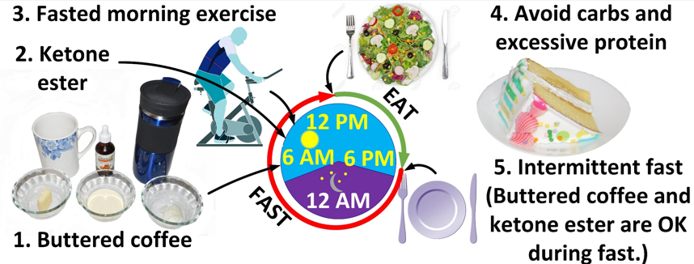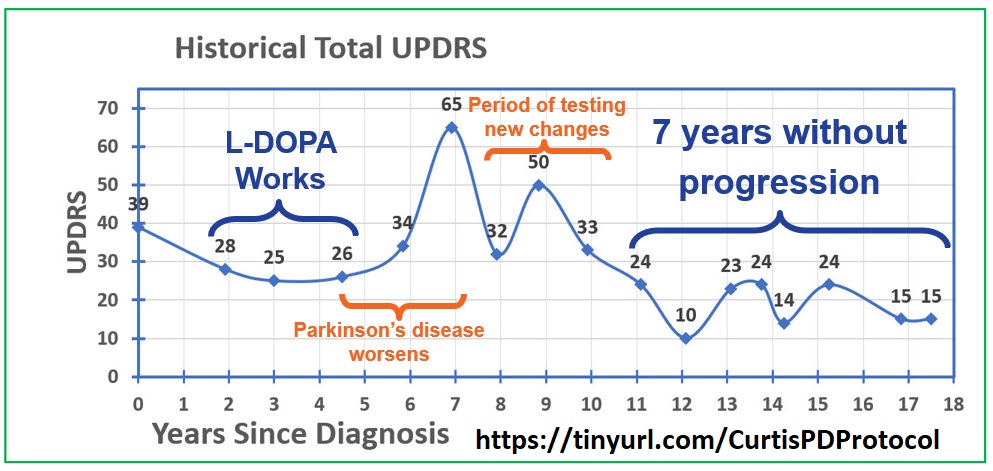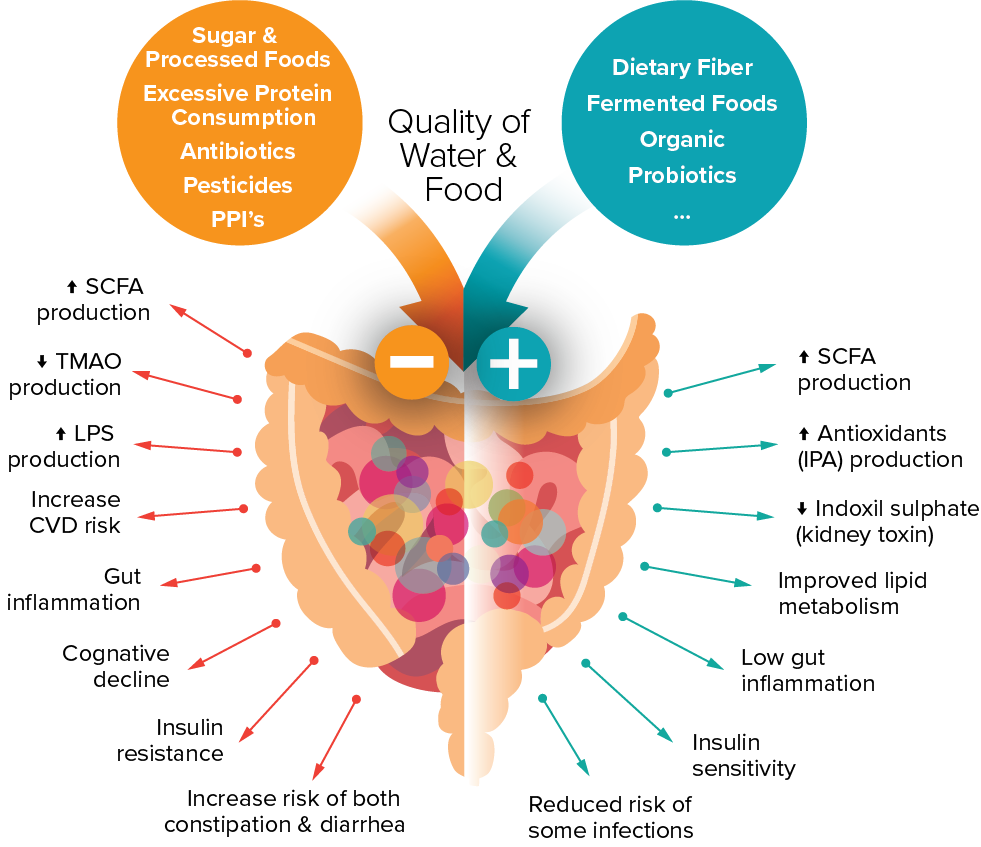Robert and I have recorded interviews three times in the past:
- September 2016: Five years no medications. Parkinson’s improving. How I had gone for 5 years without meds and was doing well using exercise and yoga
- January 2017: Wholistic (or holistic) how different PWPs approach their treatment.
- October 2018: Shifting the Parkinson’s disease mindset.
- This is my fourth appearance on the show today, and I still hold to my beliefs.
- EXERCISE. EXERCISE, EXERCISE. I cannot exercise as hard as I did before. Gradually I had to walk more and jog less. Could only 3 – 4 miles.
- More convinced than ever that MINDSET/ATTITUDE is the key, PARKINSON’S IS A CHALLENGE, NOT A CURSE. When I was formally diagnosed, I was 70 years old. Life expectancy for me was 84.1. Well, now I’m 82.4. In a year and a half, I will have reached my life expectancy.
- YOGA remains critical.
- WAIT UNTIL you really must take Levodopa. Levodopa induced dyskinesia (LID) is a real deal and can be disabling. Google it on YouTube.
- Let’s look at my life since we last met, year by year.
2018 – I shot a video titled So High So Low for the “I HAD A DREAM PROJECT” where I hiked a three mile walk trail and climbed a thousand feet.
Link: https://www.ihadadreamproject.com/i-had-a-dream-project-videos
That year I also went to Uganda to demonstrate the practices I used to manage so long without meds. (Robert, this is quite a tale, plus I have pictures.)
- 2019 – After directing the local Parkinson’s support group, I resigned so new blood could take over.
BUT: New symptoms emerged that I didn’t know about:
- Anomia: a language specific disturbance arising after brain damage whose main symptom is the inability of retrieving known words. But it’s not dementia!
- Pseudo Bulbar Affect Crying or laughing excessively upon feeling any deep feeling.
- Dysphagia: difficulty or discomfort in swallowing as a symptom of disease. It starts out with mucus as postnasal drip. Get to an OT!
- Oily, flakey skin
- Sleep disturbances. Fall into deep sleep in the middle of the day. And then don’t sleep well at night.
- Pain in bed at night. Interfered with sleep.
- 2020 – It was a remarkable and horrific year. PANDEMIC!
No more yoga classes! No gym with weightlifting. Social interaction approached zero.
- 2021 – Then, a condition worse than Parkinson’s emerged: Major Depression.
March 2021 – Fell and shattered right knee – 16 days in hospital.
July 2021 – Fell and broke my right hip.
August – Severe depression, I became suicidal.
September – Chose to have a course of electro-convulsive therapy (ECT)
October- It worked, and my PD improved a lot.
The falls were due to the antidepressant I was taking may increase fall for people with Parkinsons.
LESSON: Make sure you MD goes through all meds in case a med might make falling more likely
My story with Depression
Family history is strong.
Parkinson’s did not cause my suicidal depression, genetics and environment did. Antidepressant medication failed to work and led to my falls!
2022 – I returned to my new normal. And that’s where I am today. I just have more symptoms and feel weaker.
I followed up with PWPs who I have advised in the past.
It became clear to me: I want to coach people with PD.
I HAVE A LOT TO OFFER!
Teach PWPs how to become a “Bad Ass with PD.”
No more withdrawal and depression.
My PD website: www.makemostofpd.com
Robert, I want to come back with a program I have just developed to make being a person with PD and their caregiver have a better relationship.
New website www.the-kindness-dialogue.com
Robert Rodgers PhD
Founder 2004
Parkinsons Recovery
https://www.parkinsonsrecovery.com




